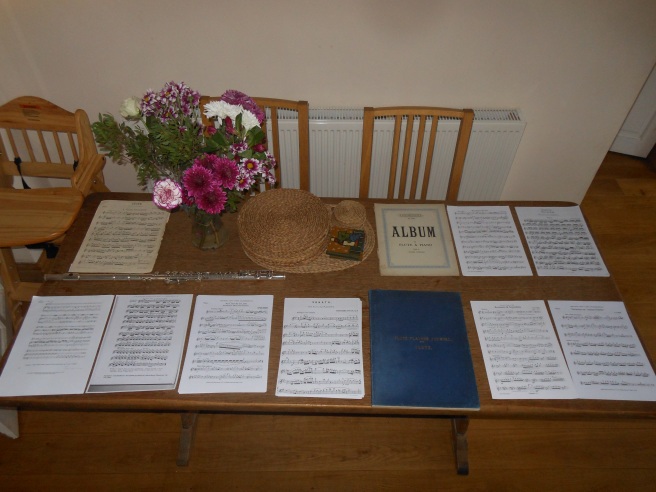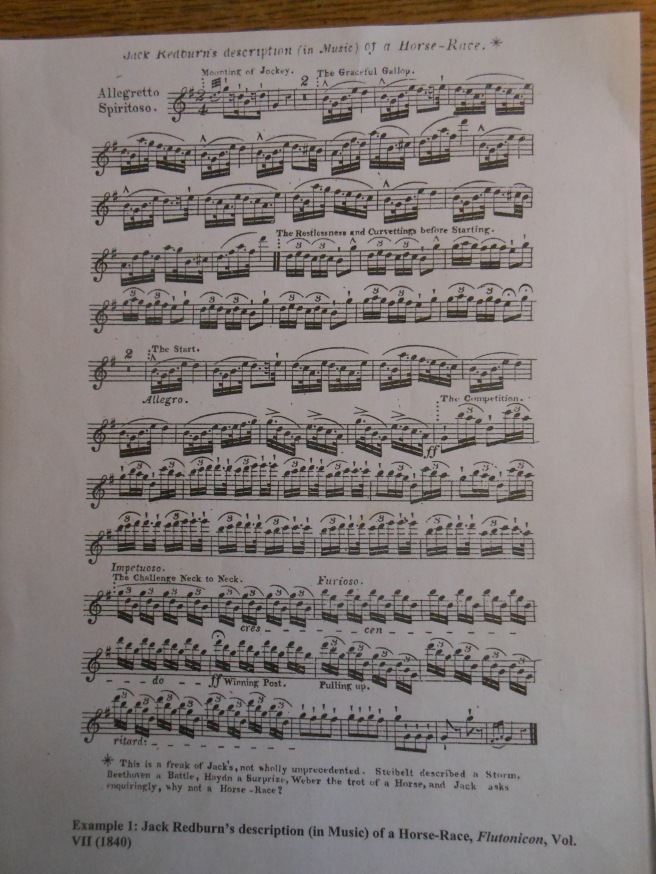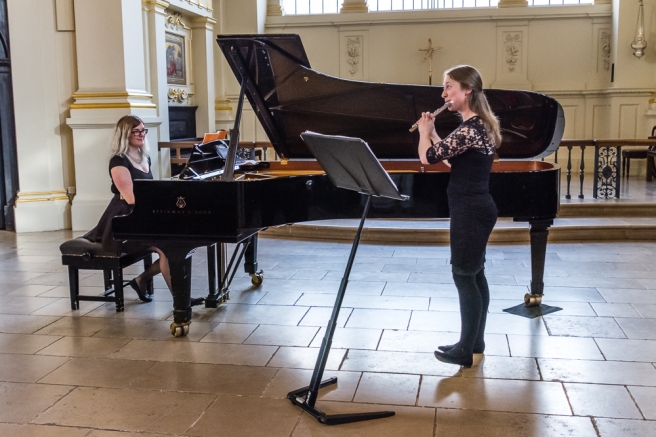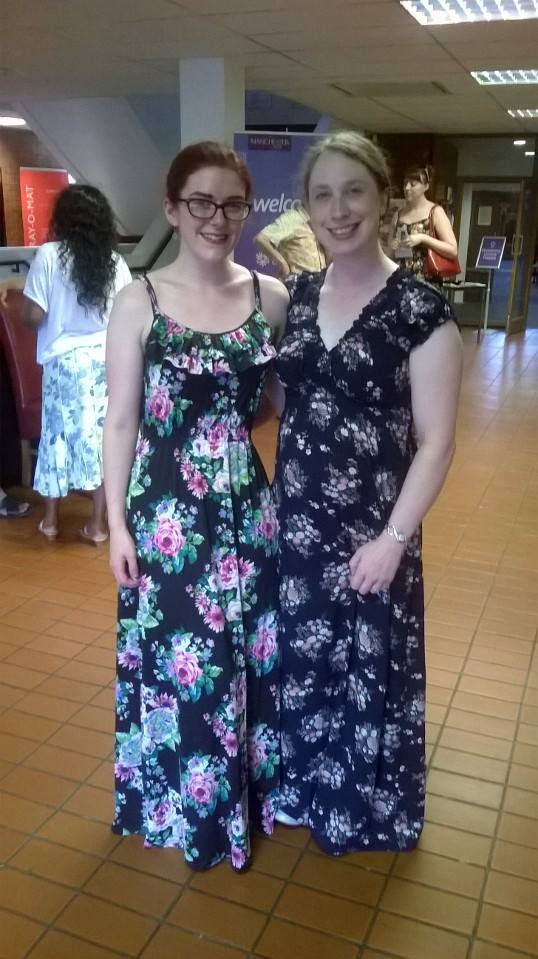Back in November I played for several performances of The Armed Man (I think every choral society in the country programmed this to mark 100 years since the end of World War 1 – no imagination!). It is often paired with the Fauré Requiem, accompanied by organ on these occasions, so I could join the audience before I was required to play.
It is curious how certain pieces of music crop up frequently over the course of our lives as musicians. The Fauré is one such piece for me. They have this ability to accrue so many layers of meaning that when I hear them or play them I am transported to earlier performances, all the people and places involved alive again in my mind, and I am simultaneously several different versions of myself.
I am a naive 16 year old again, encountering this piece for the first time in the Farnborough 6th Form College chamber choir. I ended up playing in the orchestra for the concert itself – all 27 notes the flute plays in the Pie Jesu, tacet for the rest – enjoying the beautiful singing our wonderful head of music, Paul Bamborough, coached us to produce. The solos were taken by students, and I can hear again Felix’s Libera Me – he had a strikingly rich baritone which I never tired of – and Ellen, a brilliant scientist, taking the Pie Jesu as her first ever significant solo.
I am a first-year undergraduate at Manchester University, attending a harmony tutorial towards the end of a long term. My small group are all looking exhausted but Professor Julie Bray is unfazed, feeding us all chocolate bars and encouraging us all to stand around the piano. ‘When I am feeling a bit tired I sing Fauré!’ she declared. ‘The Libera Me always does the trick!’ And with that she struck up the accompaniment and we all belted it out in our best chest voices. It did indeed do the trick and the rest of the session was passed in high spirits.
I am a member of the Hallé Choir – performing it as a singer at last, and what a group to do so with! The choir pursued a real clarity of sound during the years I was part of it, under James Burton, and the In Paradisum was breathtaking. (The Verdi Requiem is another piece this happened with. Learnt the alto part at 6th form – ended up on piccolo for the concert. Learnt it again with University Chorus – ended up on 1st flute for the concert. Finally performed it with the Hallé Choir, in St Paul’s Cathedral of all places!)
And, more recently, I am in the audience, enjoying performances by various amateur choirs around the region, before taking to the stage as a professional flautist in the orchestra for whatever comprises the second half. I still have to pinch myself sometimes – I can’t quite believe how lucky I am to be making my living in music, or that I am actually being paid to play the flute. You would think the novelty would have worn off after a decade! I sit in the audience, and the alto line is still in my muscle memory, causing my larynx to twitch as I try to prevent myself bursting into song. Part of me wishes I were there as a singer not as a flautist.
I sit and I listen and I remember. And my 16-year-old self doesn’t seem so distant. The friends I sang and played with as a teen are as fresh in my mind as if I saw them yesterday. I am simultaneously in my 6th form classroom and a church in Aldershot and the Bridgewater Hall and Julie’s office. The memories woven together gain a new strand. And I remember anew why I am a musician, how I got here, and what it is all about.





